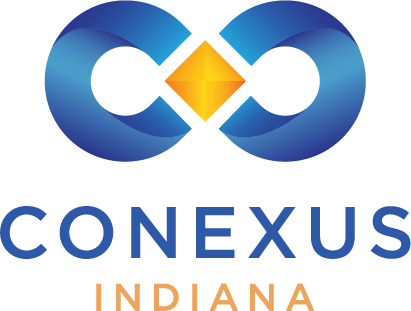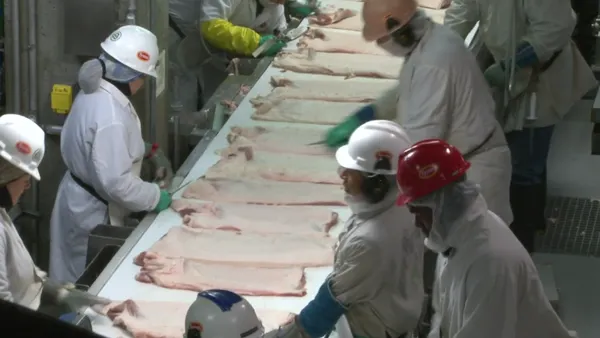UPDATE: Jan. 31, 2025: The Environmental Protection Agency delayed its trichloroethylene, or TCE, ban implementation date from Jan. 16 to March 21, according to a Jan. 28 rule in the Federal Register.
The change followed President Donald Trump’s Jan. 20 Regulatory Freeze Pending Review executive order, which requires federal agencies not to publish or implement finalized rules until department heads are in place. From there, Lee Zeldin, who was confirmed to lead the EPA on Jan. 29, will delegate on the next course of action for the rule.
Dive Brief:
- Jan. 10: The Environmental Protection Agency finalized two rules last month that ban degreasing chemical trichloroethylene and dry-cleaning solvent perchloroethylene, according to an agency press release.
- The ban on TCE, which is used in processes such as battery and polymer manufacturing, will take effect on Jan. 16. Manufacturing with the chemical for consumer use is banned beginning March 17, according to the EPA handout.
- The ban on PCE, intended for consumer uses such as brake cleaners and commercial applications such as dry cleaning, takes effect on Jan. 17. The 10-year phase-out begins June 2026, according to the EPA.
Dive Insight:
The EPA estimates it could cost the industry up to $102.4 million over 20 years to implement the TCE changes. For PCE implementation, it could cost up to $43.4 million over 20 years.
The new regulations are in line with President Joe Biden’s Cancer Moonshot initiative to end the disease, according to the EPA press release. The initiative brings together federal agencies, companies and healthcare providers to better understand and prevent exposure to toxic chemicals that could cause cancer, such as PFAS and air pollution, according to the White House.
TCE and PCE are found to cause cancer such as on the kidney and liver, the EPA said in the release. The two chemicals can also damage the body, including the immune system and liver.
A major example of TCE and PCE contamination in the U.S. is Marine Corps Base Camp Lejeune in Jacksonville, North Carolina, which the military branch discovered contained the chemicals in the 1980s.
Retired Marine Corps veteran Jerry Ensminger’s family lived on the base during his time in the service. His daughter, Janey, was born there and later died of leukemia.
Ensminger later became an advocate for legislative reform regarding the chemicals alongside fellow Marine Mike Partain, who was born on the base and was later diagnosed with breast cancer.
“I’ve been fighting this issue longer right now than when I served as a Marine,” Ensminger told Stars and Stripes in 2022.
In August 2022, Biden signed the Honoring our Promise to Address Comprehensive Toxics Act (PACT) Act, which would provide Veteran Administration benefits and care to military veterans exposed to toxins throughout their military service.
The legislation included the Camp Lejeune Justice Act, which extends benefits to veterans and families who lived and worked on Camp Lejeune for at least 30 days between 1953 and 1987 and were exposed to water contaminated with PCE and TCE.
“The Camp Lejeune contaminated drinking water issue has dragged on over the better part of forty years ever since TCE, PCE and other organic solvents were first documented in the base’s drinking water supply in October 1980,” Ensminger said in a statement. “Mike and I welcome this ban on TCE by the EPA and this is proof that our fight for justice at Camp Lejeune was not in vain.”













